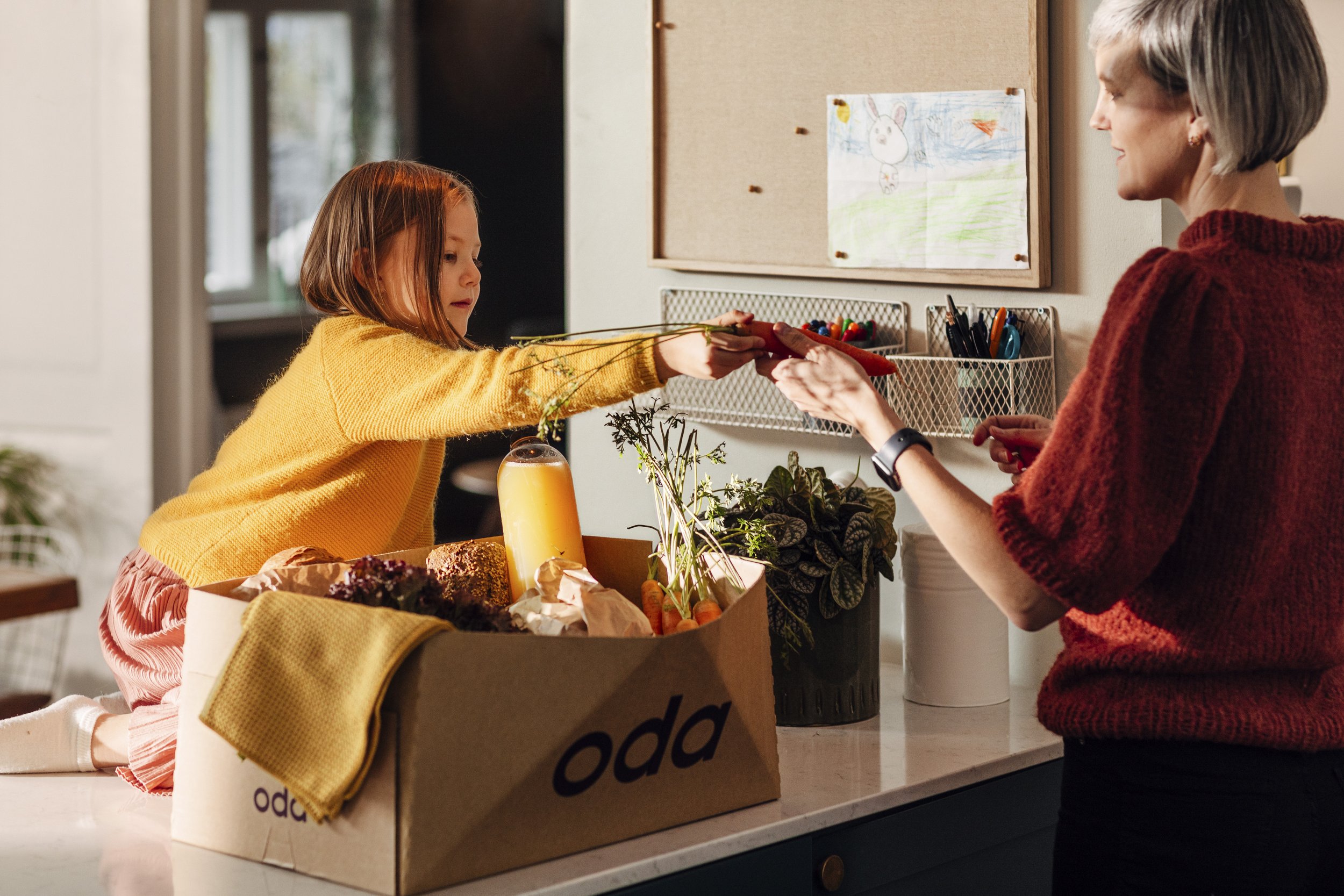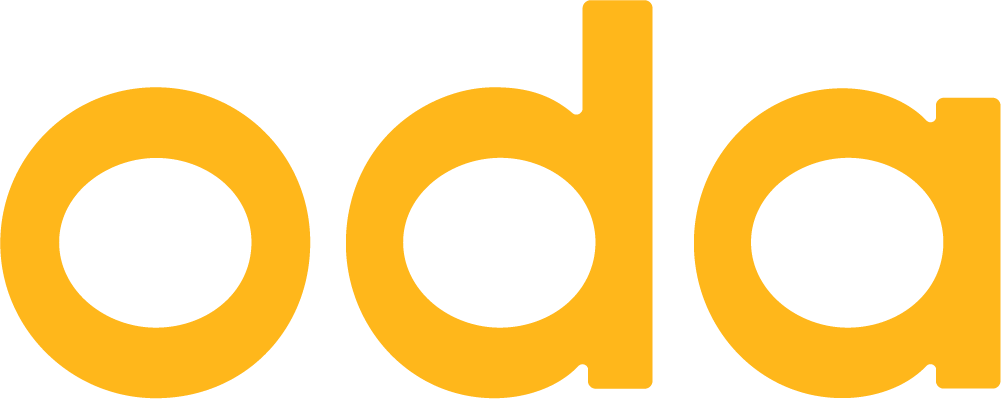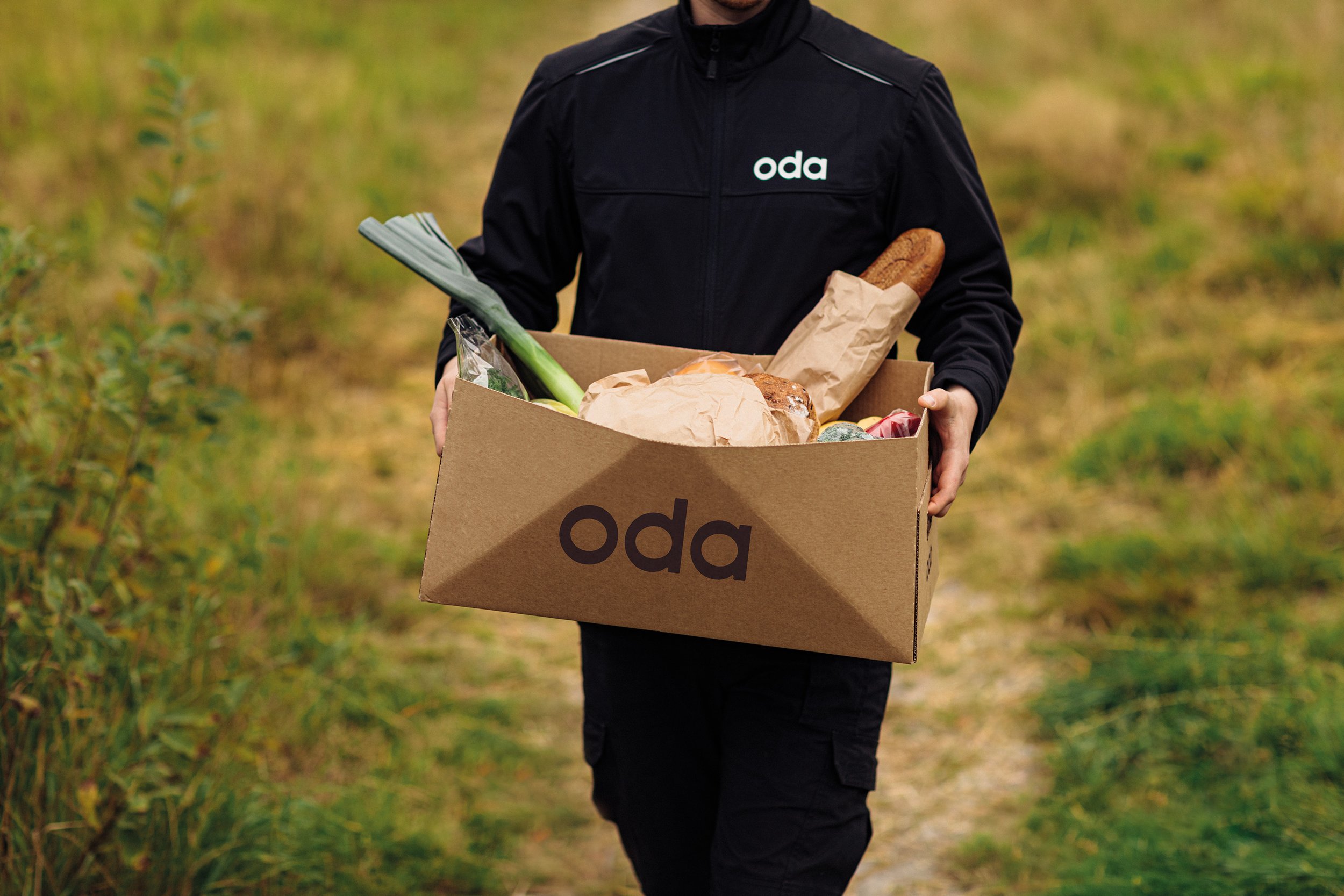
Animal Welfare
At Oda we want to raise the minimum standard for animal welfare
In Oda we care about animal welfare. Ethical food production and distribution includes consideration for animal treatment, including animal welfare and rights. There are many ethical challenges in the food sector today relating to the welfare of animals including the physical environment under farming, feed, transport, slaughter methods and management practices.
Beyond our ethical responsibility to reduce animal suffering in food production, animal welfare is also closely linked to health and diseases among the animals. By improving the welfare of the animals in the food chain, we reduce animal suffering and at the same time reduce risk of food-borne infections. We wish to challenge the industry, and have set a target to improve animal welfare in our supply chain.
Supplier Code of Conduct
Businesses can and must play a leading role in contributing to economic, environmental and social progress. At Oda, we’ve set clear requirements both to ourselves and our business partners to ensure that both people and animals are being treated fairly and in accordance with the law and best practice.
Our Supplier Code of Conduct address key ethical questions for our industry (from workers rights to environmental impact) and are based on international standards and goals, such as the 17 UN Sustainable Development goals, UN Guiding Principles on Business and Human Rights, the OECD Guidelines of Multinational Enterprises, the Core Convention of the International Labor Organization (ILO) and the ten principles of the UN Global Compact.
The supplier is obliged to fully comply with the applicable national laws for animal protection and welfare in its respective supply chain. Furthermore, it is required to adapt any farming and management systems of livestock from birth until slaughter to the needs of the animals as best as possible and to meet the (behavioral) physiological requirements of the respective species. In doing so, it should be ensured that animals are not subjected to pain, suffering or harm during transport, anesthetization or slaughter. Especially during transport, the supplier is required to ensure the shortest live transport possible along the supply chain. The supplier is required to proactively develop and promote solutions for more animal welfare along the supply chain.
Animal welfare certification
In Norway, we have introduced the Animal welfare certification “Dyrevernalliansen” in 2022. The certification tag is so far visible on eggs and poultry products in our shop that have received the certification. For Germany and Finland we are still assessing the existing certifications and possibilities for including these in our web-shop.
Phasing out fast-growing chickens
The chickens bred today for meat (broiler chickens) are bred to be bigger and grow faster than they would historically. In this way it has been easier to meet the increased chicken demand in the population. In this way more chickens can be produced in shorter time with less feed, fuel, water and land making production more efficient. The problem with this is that the chickens grow so fast that they have trouble walking, higher risk of organ failure and reduced general health.
In Norway we have committed to the European Chicken Commitment (ECC) and will ensure, in close collaboration with our suppliers, that all chicken products will follow this standard by 2025. We are phasing out fast-growing chickens in our store from 2024.
So far our largest supplier of chickens have now committed to the ECC standard and to follow up their animal welfare program after dialogue with us. We will start test sales of slow-growing chickens in 2023, and by February 2024 all chickens from our largest supplier will be slow-growing. Going forward we will initiate further dialogue with animal welfare NGOs to evaluate other high-impact initiatives.
Organic farming
In Oda we offer a wide variety of organic products. In organic farming animal welfare is an integral part. The animals have more space and can move both outside and inside, and the natural behaviour of the animals is facilitated which increases well-being. Caging and binding of the animals are kept at a minimum. Furthermore, the feed is required to be organic, and animals are given time to grow at a natural pace. The use of antibiotics is kept at a responsible level.
In Norway we have an organic share of sales of around 5% which is high in the norwegian grocery market. Look for the organic tag in our shop, and for the Debio tag in Norway.




